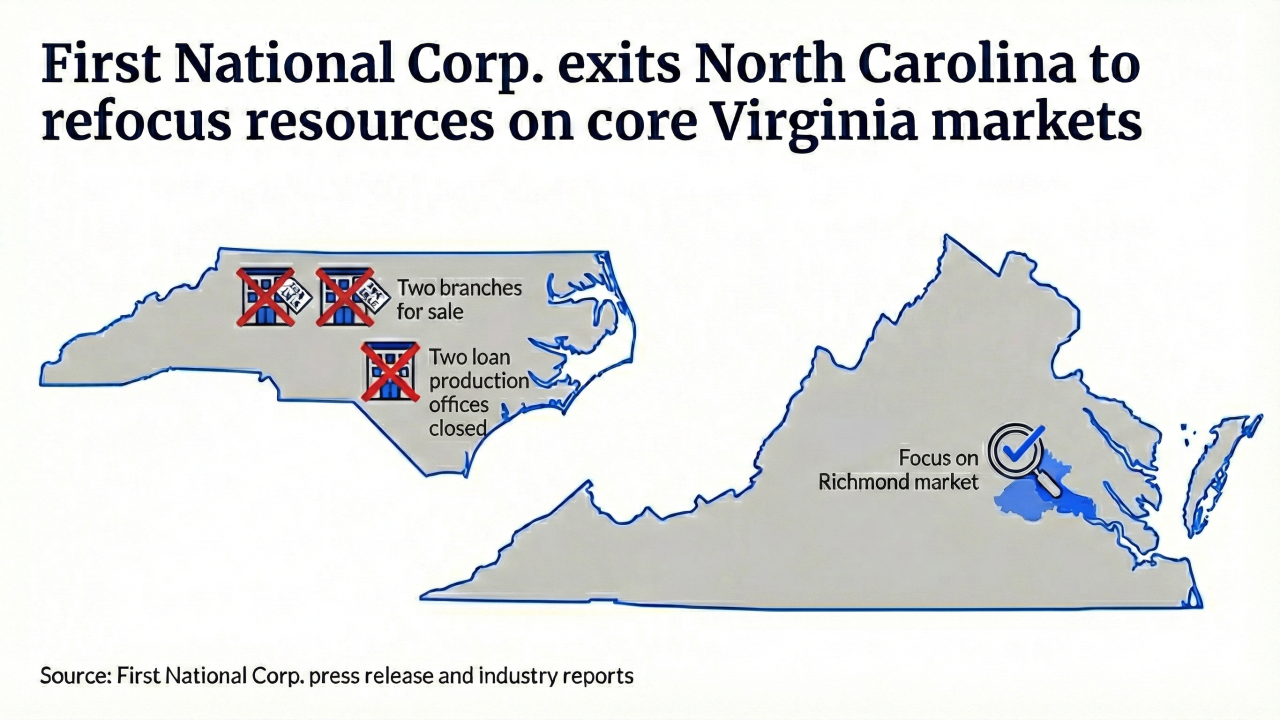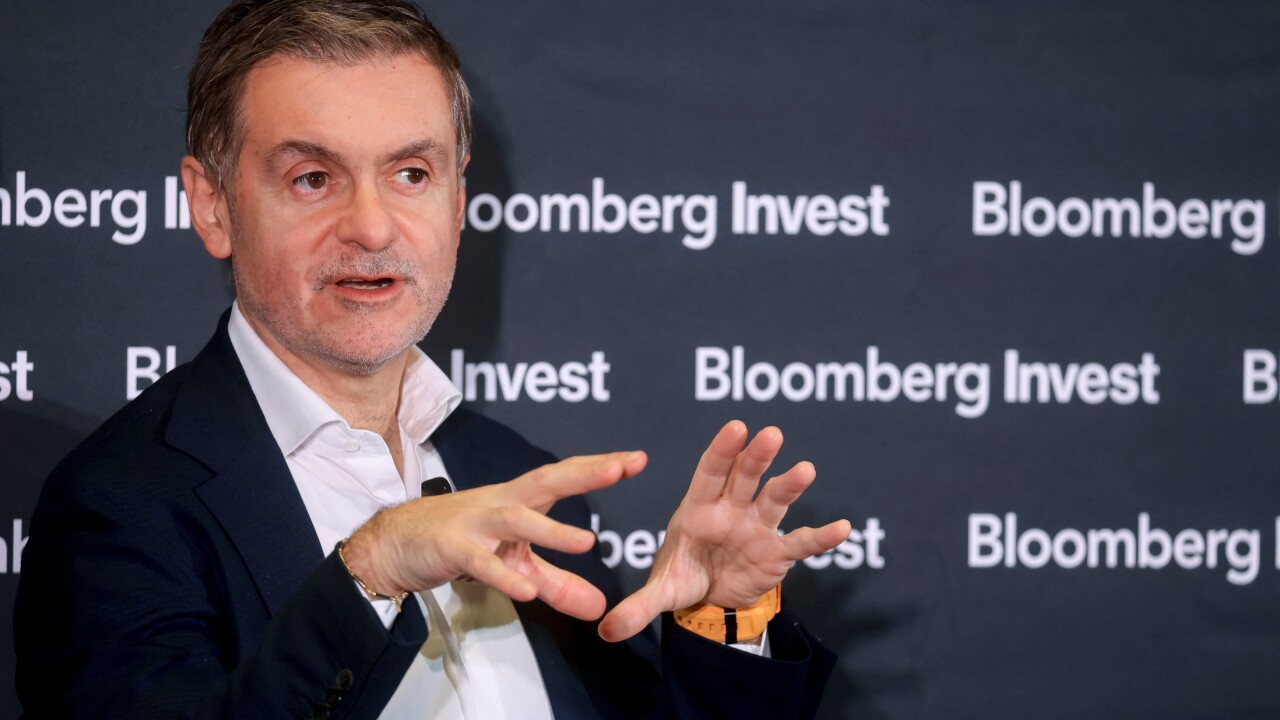After 12 straight years of record earnings, Sterling Bancshares Inc. in Houston ranks as one of the fastest-growing bank companies in the Southwest.
In fact, the $1.9 billion-asset company is so bullish on its growth prospects that it recently announced plans to open a new bank in Dallas.
Yet several shareholders, frustrated by Sterling's sluggish stock performance, are stepping up their efforts to persuade it to sell.
In a letter late last month to chairman George Martinez, shareholder Howard Wolf, a securities attorney in Austin, Tex., said fellow shareholders are asking him to solicit proposals from would-be acquirers. He urged Sterling's board to get a deal done before yearend, when federal regulators are expected to eliminate the pooling-of-interest accounting method that most banks favor in merger deals.
"I believe it would be possible to quickly assemble 10 to 20 people in Houston that either own or have direct relationships with owners of a large aggregate amount of stock of Sterling who would support a transaction before the pooling-of-interest rules change," Mr. Wolf wrote in the letter, which was filed with the Securities and Exchange Commission.
Another shareholder, stockbroker John Linnartz, also said the company should consider sale.
Sterling stock was trading two years ago at $18, Mr. Linnartz said in an interview, but by two months ago it was down to $8.50.
The bank could be sold "tomorrow" for more than $20 a share, which is about 20 times the current year's expected earnings, he said. But if it remains independent, he said, the stock might take three years to reach $20, according to bank analysts.
"Given that the market is not properly valuing our company, why should the investors want to wait three years for the stock in the open market to reach $20 if we could get the same price today in a risk-free transaction?" Mr. Linnartz said.
The stock was trading at $11.9375 late Thursday.
Mr. Martinez would not discuss Mr. Linnartz's remarks, other than to say that the stockbroker has "his own agenda." As for his response to Mr. Wolf, Mr. Martinez referred a May 8 letter filed with the SEC.
"From time to time Sterling receives acquisition overtures," Mr. Martinez wrote. "The board continues to believe, however, that adherence to Sterling's long-term business strategy will deliver superior value to Sterling's shareholders. Therefore it has no present intention of hiring an investment banker to find a buyer for Sterling to create a liquidity event for you."
However, Mr. Martinez added that the board will always consider "alternative strategies" if necessary. "It has always been the case that if we were to ever receive an offer that was in the best interests of the shareholders, we would take action," he said in an interview. Joseph A. Stieven, director of financial institutions research at Stifel, Nicolaus & Co. in St. Louis, said that despite the dip in Sterling's stock price, the company is fundamentally sound - and growing.
"If you told me that the bank's earnings were off 50%, or that they have had huge charges, that's one thing," Mr. Stieven said. "But they have done none of that - they've just had record earnings."
Moreover, Sterling's stock fall was to be expected, considering the market for bank stocks.
"Show me a stock that hasn't dropped," Mr. Stieven said. "Banks that have had fabulous earnings have stocks that are down, and Sterling's stock is very much in line with the stocks of other banks. If you're a longer-term investor, then you're going to do well with this thing."





